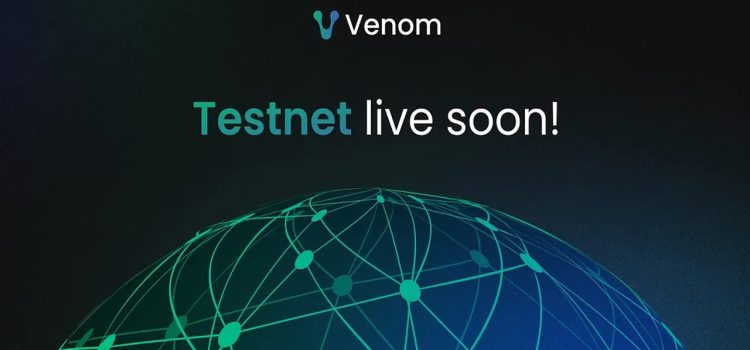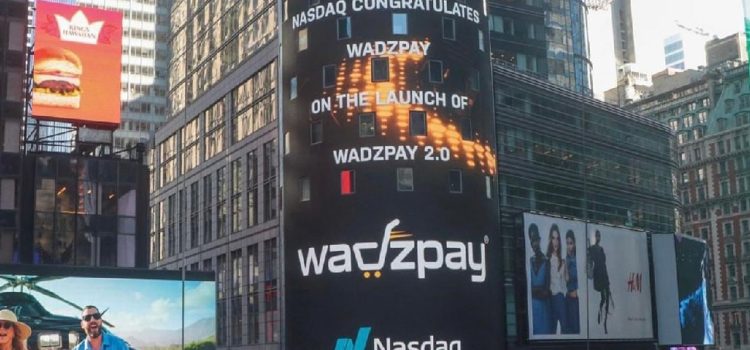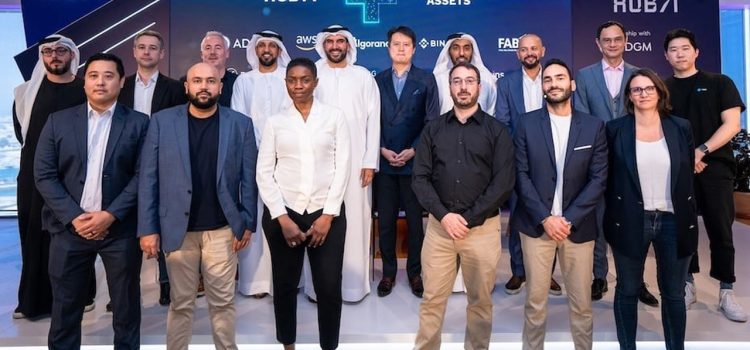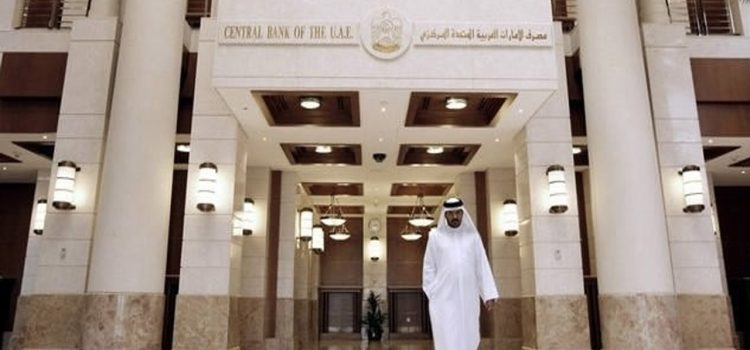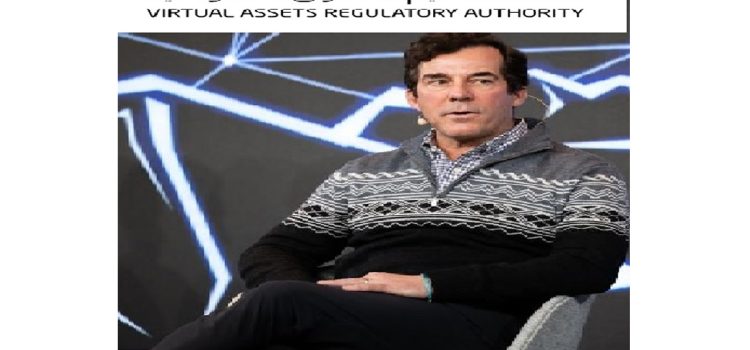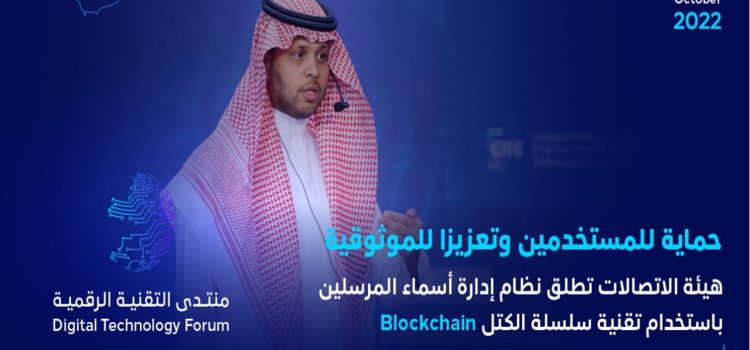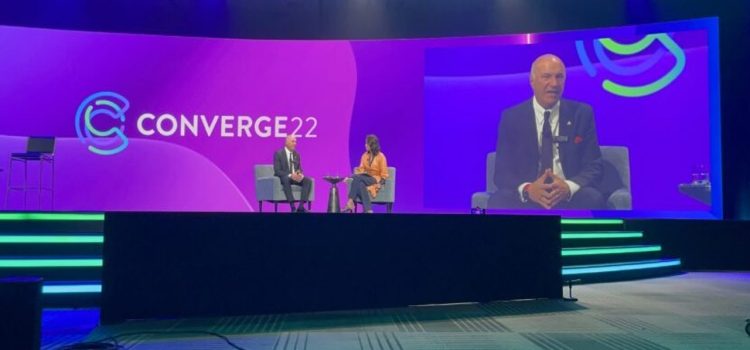
Zero Two, an ADQ sovereign wealth fund entity, has launched its digital assets business in Abu Dhabi UAE to offer latest generation technologies. Zero Two will build and operate data center and offer digital asset management services as part of ADQ’s digital asset strategy. The name “Zero Two” is derived from the significance of the numerals 0 and 2 in Web3 technology.
Zero Two aims to become a trusted partner to companies seeking to capitalize on the broad innovative scope and transformative potential the technology offers. The company’s services range from developing power infrastructure to sourcing and testing latest generation technologies, to building and operating data centers, and providing digital assets management services.
Zero Two was created to develop, operate and invest in best-in-class technologies accelerating and supporting the digital asset and Web3 ecosystem in the region, which comprises concepts such as decentralization and token-based economics.
Commenting on the start of the company’s operations, Ahmed Al Hameli, Chief Executive Officer at Zero Two, said: “Digital assets hold vast potential that is only beginning to be explored and leveraged. Zero Two enters the market with a robust and broad business model catering to rapidly emerging demand and a demonstrated commitment to meeting the highest standards of security and compliance. We are confident that our offering that utilizes excess power from the local power grid, which is the first of its kind in the UAE and the wider region, will not only meet the needs of our clients but also exceed their expectations with regards to the various benefits that can be derived from deploying distributed ledger technologies.”
This is not the first digital assets entity to be owned by ADQ. ADQ also registered FSI ( FS Innovation) which entered into an agreement with USA based Marathon digital holdings, a digital asset mining entities to establish and operate one or more mining facilities for digital assets. The business entity will be in the field of digital asset/crypto mining. The initial phase will consist of two digital asset mining sites comprising 250 MW (megawatts) in Abu Dhabi UAE. Marathon Holdings will own 20% of the joint company in UAE only. The cost of the project will be $406 million.
In September 2022, Abu Dhabi’s ADQ and Further Ventures, an investment firm back by ADQ launched a $200 million fund focused on Fintech, digital assets and supplychain. As per the news, entrepreneurs and experienced executives who choose to launch their next venture with Further will have access to product and engineering resources for concept development; seed capital required to take the business to Series A; and reserved capital for following on through multiple rounds of funding beyond capital investment.









